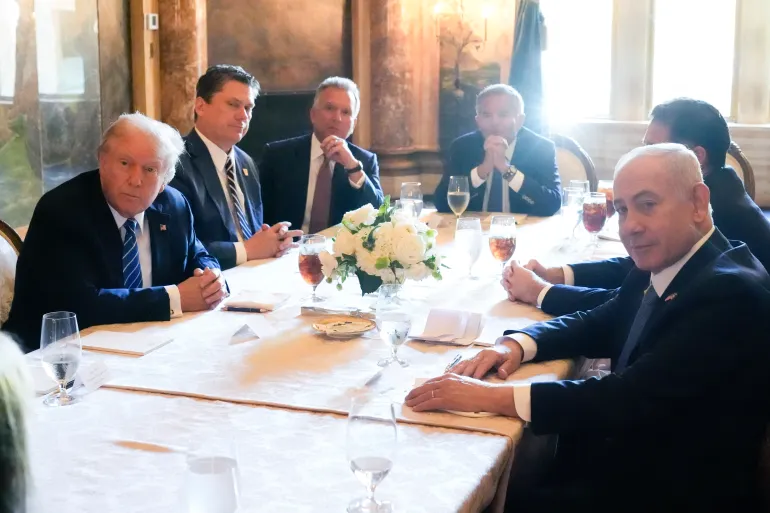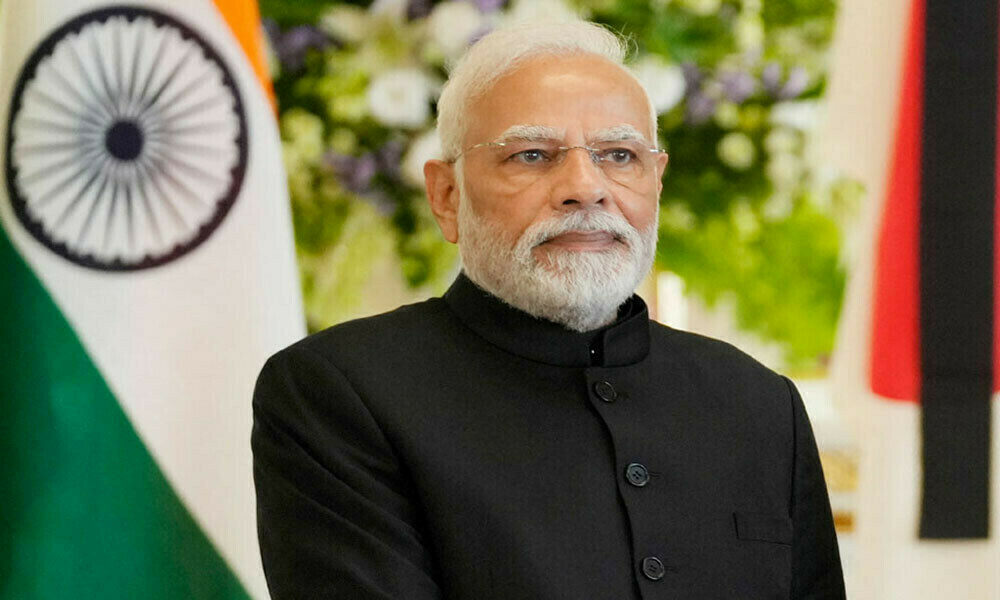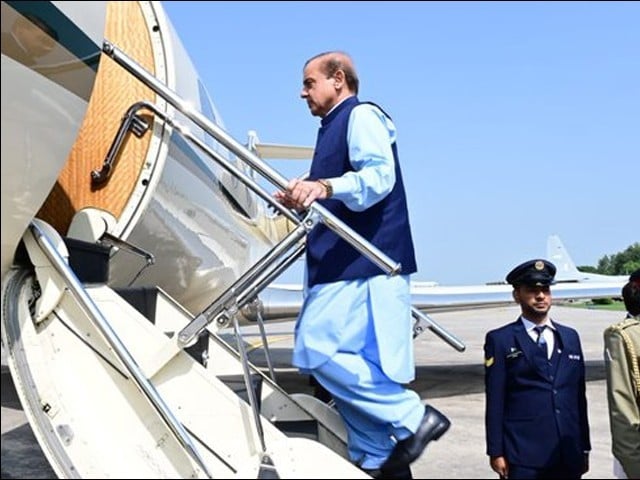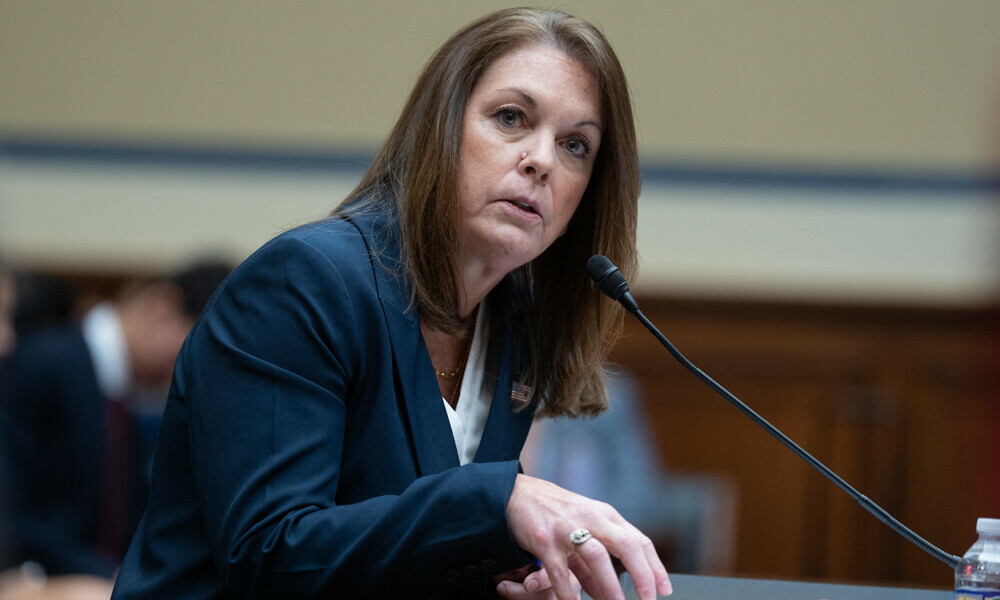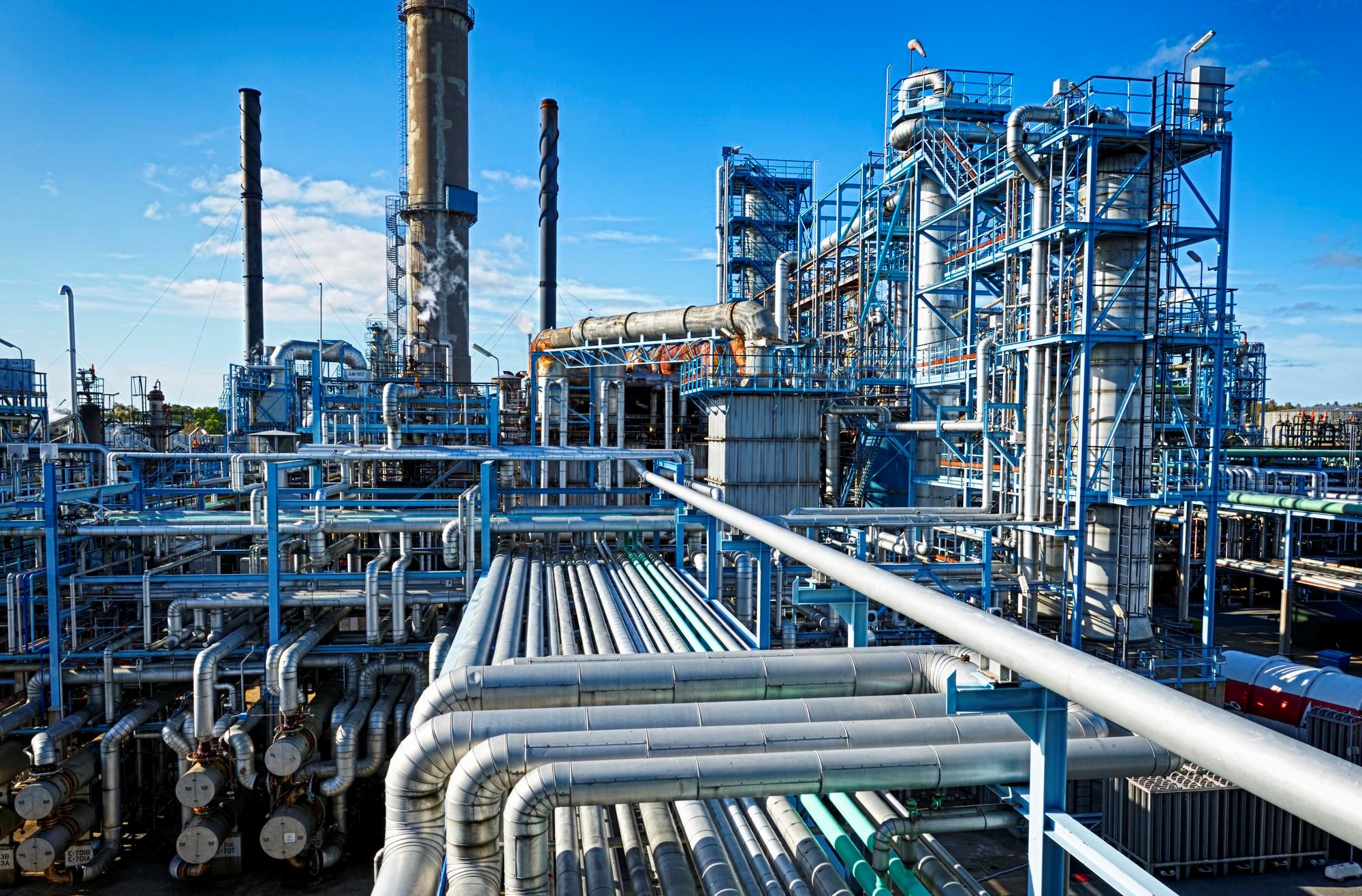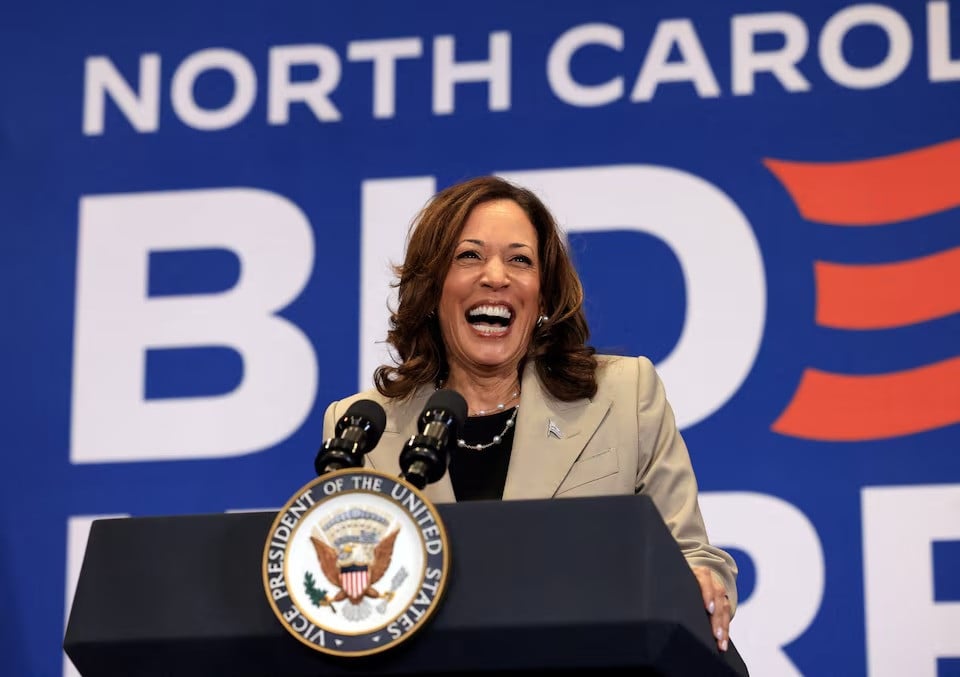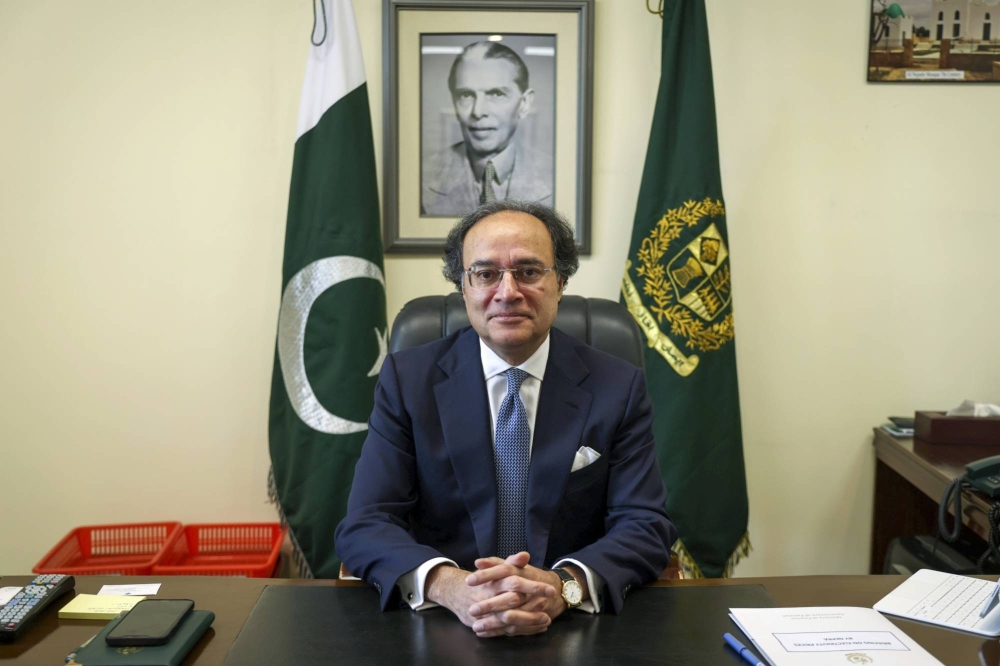The Pakistani government has initiated discussions with the International Monetary Fund (IMF) over a new and larger loan programme. This move comes after the successful completion of a $3 billion Stand-By Arrangement (SBA) last month. The Pakistani finance minister, Muhammad Aurangzeb, held a meeting with the IMF mission, which was led by Chief Nathan Porter. The discussions highlighted Pakistan’s desire for a more extensive and enduring financial agreement.
During the meeting, Aurangzeb also highlighted the country’s macroeconomic indicators’ significant improvements during the SBA period. The government reiterated its commitment to advancing and amplifying the reform agenda. The meeting was also attended by dignitaries, including State Bank of Pakistan Governor Jameel Ahmed and the Chairman of the Federal Board of Revenue.
Pakistan is seeking an extended and more substantial Extended Fund Facility under the IMF program to strengthen macroeconomic stability. With the recent receipt of $1.1 billion in the final tranche of the SBA, Prime Minister Shehbaz Sharif underscored the pivotal role such disbursements play in bolstering the nation’s economic resilience.
The infusion of funds from the IMF has propelled Pakistan’s foreign exchange reserves to a nearly two-year high, reaching $9.12 billion as of May 3. Wall Street bank Citi anticipates a new four-year program of up to $8 billion by the end of July, encouraging investors to take a long position on Pakistan’s 2027 international bond.
IMF Forecasts Reduction in Inflation
The IMF report paints an optimistic picture of Pakistan’s economic landscape, projecting a significant reduction in inflation along with a steady increase in the growth rate over the next three fiscal years. Pakistan’s economic growth rate is expected to reach 3.5 per cent in the upcoming fiscal year.
The growth rate is expected to elevate to 5 per cent during the fiscal year 2025-26, stabilizing further at 5 per cent beyond 2026-27, signalling sustained economic expansion. The IMF predicts a significant downturn in inflationary pressures, with the anticipated inflation rate for the next fiscal year projected to be capped at 12.7 per cent, marking a notable decline from previous levels. Furthermore, inflation is anticipated to witness a further reduction to 7.6 per cent in the fiscal year 2025-26.
The IMF also anticipates a substantial boost in Pakistan’s foreign exchange reserves, projecting an increase from the current $9 billion to $13.4 billion in the upcoming fiscal year. This anticipated surge in reserves signifies enhanced financial stability and resilience in the face of external economic challenges.






































